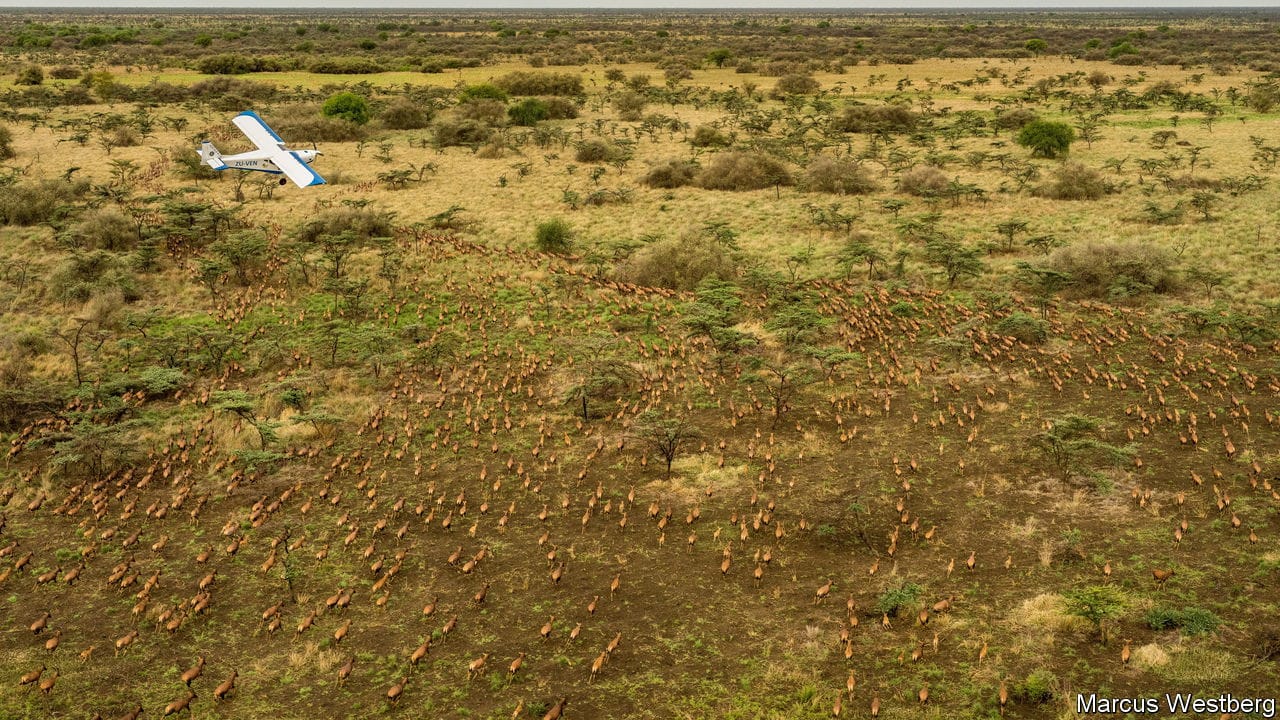Where capitalism and conservation meet
Can you put a price on the wonders of nature?

Spurn point would be a desolate place to die. Stretching five precarious kilometres into the North Sea, the constantly shifting finger of East Yorkshire coast is little more than a narrow sand bank held together by sea grass, the only obvious signs of human habitation a long-abandoned lifeboat station and lighthouse, both now given over to the winds and the rain. It is a permanent home solely to wading birds and the bugs they feast on, perhaps to the odd vole. But it is also, on occasion, the death bed of the world’s largest creatures. Beached on its sand, they suffocate from the weight of their own bodies under its open skies.
In England whales, sturgeon and porpoises are “royal fish”. Those caught off the coast are property of the Crown; so, in general, are those beached on the shore. Those which expire on Spurn Point, though, are an exception. The wonderfully named Lords Paramount of the Seigniory of Holderness, a line of local nobles, have first dibs on them. This has sometimes been lucrative. When, in 1749, a sperm whale expired on its sands the then lord sold it to David Bridges of Kingston-upon-Hull, the closest city, for £90 (£16,000, or $20,000 in today’s money). But sometimes it was not. The estate’s records show that when it chose to dispose of a whale on its own the following year it cost £7 more to cut the beast up than the sale of the meat made at market, valuing the whale’s remains as a liability worth £1,276 today.
This article appeared in the Christmas Specials section of the print edition under the headline “The price of a whale”
Christmas Specials December 23rd 2023
- On safari in South Sudan, one of the world’s most dangerous countries
- Many Trump supporters believe God has chosen him to rule
- Global warming is changing wine (not yet for the worse)
- How five Ukrainian cities are coping, despite Putin’s war
- A tale of penguins and prejudice is a parable of modern America
- What the journey of a pair of shoes reveals about capitalism
- A short history of tractors in English
- Millions of Chinese are venturing to the beach for the first time
More from Christmas Specials

On safari in South Sudan, one of the world’s most dangerous countries
The planet’s biggest conservation project is in its least developed nation

Many Trump supporters believe God has chosen him to rule
The Economist tries to find out why

Wine and climate
Global warming is changing wine (not yet for the worse)
New vineyards are popping up in surprising places; old ones are enduring
How five Ukrainian cities are coping, despite Putin’s war
From ravers to rubbish collectors, residents tells their stories
A tale of penguins and prejudice is a parable of modern America
When two male penguins hatched an egg in Central Park, they set off an enduring controversy
What the journey of a pair of shoes reveals about capitalism
And how Indonesia, the world’s largest Muslim country, is changing
